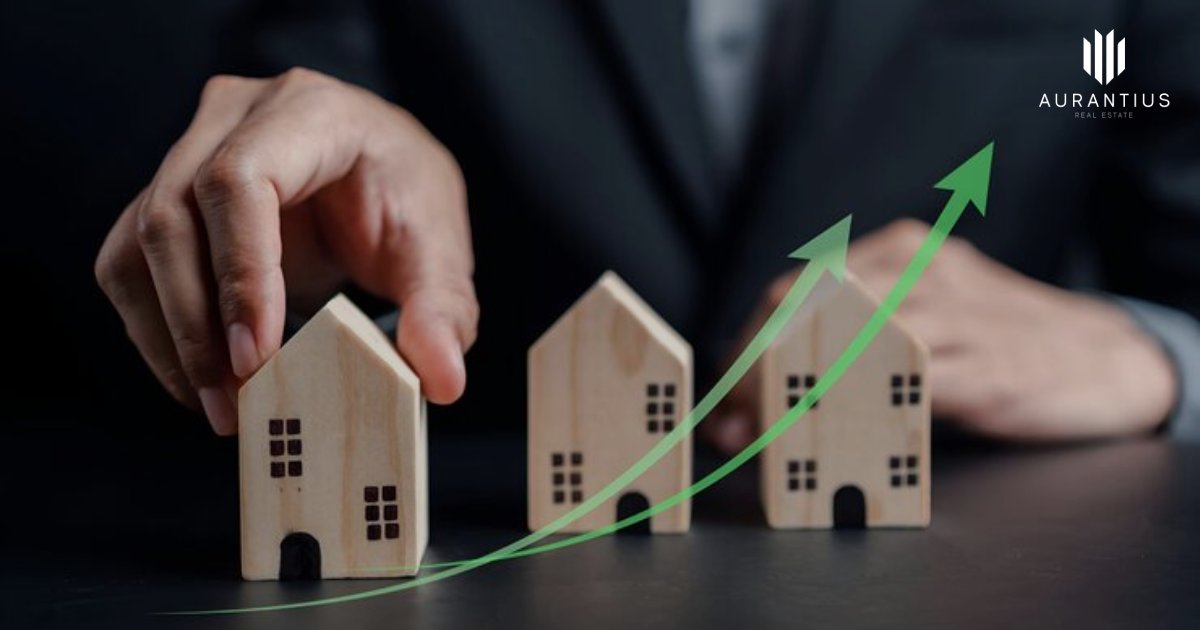Off-Plan Property Investment in Dubai: Opportunities, Risks, and Smart Strategies
Off-plan property investment—buying real estate before it is completed—has become a cornerstone of Dubai’s thriving real estate market. In 2025, off-plan sales represent a majority of residential transactions, fueled by flexible developer incentives, investor confidence, and strong prospects for capital appreciation. For both local and international buyers, understanding the balance of opportunity and risk is essential to make informed, profitable decisions.
Key Advantages of Investing in Off-Plan Properties
1. Lower Entry Prices and Flexible Payment Terms:
Off-plan properties typically cost less than ready units, often by 10%–25%. Developers attract early investors with milestone-based or post-handover payment plans, allowing smaller initial payments spread across construction stages. This structure lowers the upfront burden and provides financial flexibility for both end-users and investors.
2. Strong Capital Appreciation Potential:
As projects near completion and surrounding infrastructure matures, off-plan units often rise in value. Investors who buy early may see property prices appreciate significantly by handover, generating capital gains before or shortly after possession. This makes off-plan property a preferred choice for those seeking mid-term growth opportunities.
3. Modern Designs and Lifestyle Features:
Developers in Dubai are constantly innovating with new architectural concepts, smart-home technologies, and energy-efficient systems. From integrated AI security to rooftop gardens, modern off-plan projects cater to the city’s evolving lifestyle trends, making them appealing to both tenants and resale buyers.
4. Customization Options:
Many developers allow buyers to choose finishes, color palettes, or layout adjustments during early construction phases. This personalization enhances long-term satisfaction and can boost resale value, especially in luxury segments where bespoke design is a key differentiator.
5. Attractive Rental Yields After Completion:
Dubai’s off-plan projects in high-demand areas like Dubai Marina, Business Bay, and Downtown Dubai consistently generate rental yields between 6%–9% once delivered. Combined with the absence of income and capital gains taxes, investors enjoy one of the world’s most favorable yield-to-risk ratios.
Understanding the Risks of Off-Plan Investment
1. Construction Delays:
Even reputable developers may face unexpected delays due to supply chain disruptions, permit issues, or changes in market conditions. These delays can postpone handover and rental income timelines.
2. Market Volatility:
Real estate markets fluctuate. If demand softens or macroeconomic conditions shift before completion, an investor may temporarily hold an asset worth less than its purchase price.
3. Variations in Final Delivery:
While developers provide renderings and show units, the final product can differ in finishing quality, materials, or design specifications. Buyers must review contractual obligations carefully to ensure minimum standards are met.
4. Developer Reliability:
Smaller or newly established developers might lack the financial strength to weather downturns. In extreme cases, projects can be delayed, restructured, or cancelled, risking buyer deposits if escrow protection is insufficient.
5. Resale Restrictions:
Some developers impose limits on reselling off-plan properties until a certain percentage (often 30%–40%) of the total price is paid. This can reduce liquidity for short-term investors seeking early exits.
How to Mitigate the Risks
1. Research the Developer Thoroughly:
Prioritize developers with proven track records of on-time delivery and high-quality construction. Review past projects, handover performance, and RERA (Real Estate Regulatory Agency) ratings before committing.
2. Verify Regulatory Compliance:
Ensure the project is registered with the Dubai Land Department (DLD) and that all payments are made through a regulated escrow account. Escrow protection ensures funds are released to developers only as construction progresses, minimizing exposure.
3. Review the Sales and Purchase Agreement (SPA):
Examine all clauses related to completion timelines, penalties for delays, refund conditions, and variation rights. Seek legal advice if necessary to understand your rights as a buyer.
4. Monitor Progress:
Stay informed about milestone completions and site updates. Regular communication with the developer and periodic site visits help detect any early signs of delay or deviation from specifications.
5. Maintain Financial Readiness:
Ensure your finances can support the full payment plan, even in the event of short-term liquidity fluctuations. Having a contingency buffer prevents stress if installment schedules accelerate or external financing costs rise.
Strategic Insights for 2025 Investors
Off-plan investment aligns with Dubai’s broader economic and demographic trajectory. With the city’s population growth surpassing 3.7 million residents and annual real estate transactions exceeding AED 550 billion, off-plan opportunities remain abundant. Developers like DAMAC, Emaar, and Omniyat continue to launch world-class communities combining lifestyle design, waterfront views, and flexible payment terms.
To succeed, investors should combine due diligence with patience—treating off-plan property not as a short-term flip, but as a medium-term wealth-building asset in a city that continues to attract global talent and capital.
Conclusion
Off-plan real estate in Dubai offers a powerful mix of accessibility, flexibility, and growth potential, supported by transparent regulation and a tax-free environment. While risks such as delays or market shifts remain, informed investors who choose reputable developers and understand contractual safeguards can enjoy substantial rewards—both in appreciation and yield. With 2025 shaping up as another record year for off-plan demand, the sector continues to symbolize Dubai’s innovative and investor-friendly property landscape.










